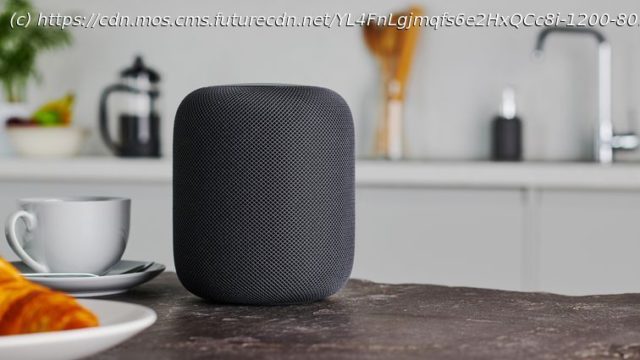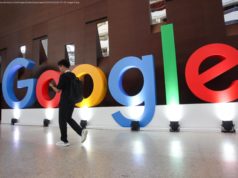Apple has fallen behind in the world of smart speakers – could WWDC 2020 change that?
Apple is undeniably a technological trailblazer, innovating in the worlds of smartphones, laptops, true wireless earbuds, and more – but when it comes to smart speakers, the tech giant has been left behind by the competition. smartphoneslaptopstrue wireless earbudssmart speakers
Rumor has it that Apple is on the verge of launching the follow-up to its first smart speaker, the Apple HomePod. The Apple HomePod 2 – or HomePod Mini, as some are calling it – is said to be a smaller, cheaper version of the brand’s Siri-powered speaker, and it could launch as soon as July 22, at Apple’s WWDC 2020 event. Apple HomePodApple HomePod 2WWDC 2020
That’s when we’re expecting to see the iOS 14 update in detail, along with upgrades in the form of iPadOS 14, macOS 10.16 and watchOS 7 – and possibly the Apple AirPods Studio, AirPods 3, and AirPods Pro Lite.iOS 14macOS 10.16watchOS 7Apple AirPods StudioAirPods 3AirPods Pro Lite
However, if the new HomePod is to be a success, Apple will need to address some key issues that prevented the original speaker from enjoying the same success that the Amazon Echo and Google Nest (née Home) devices have garnered. Amazon Echo
The original Apple HomePod was launched in 2018 to mixed reviews and underwhelming sales. While the HomePod was praised for its audio performance, its capabilities as a smart home hub were distinctly lacking compared to the likes of the Amazon Echo and the Google Home. Google Home
That’s because Siri simply can’t compete with the smarts that Alexa and Google Assistant offer, and the HomePod’s reliance on the Apple ecosystem means that the smart home devices it works with are limited. Google Assistantsmart home devices
Called HomeKit, Apple’s smart home ecosystem is controlled primarily through the Home app on your iPhone, iPad or Apple Watch.






